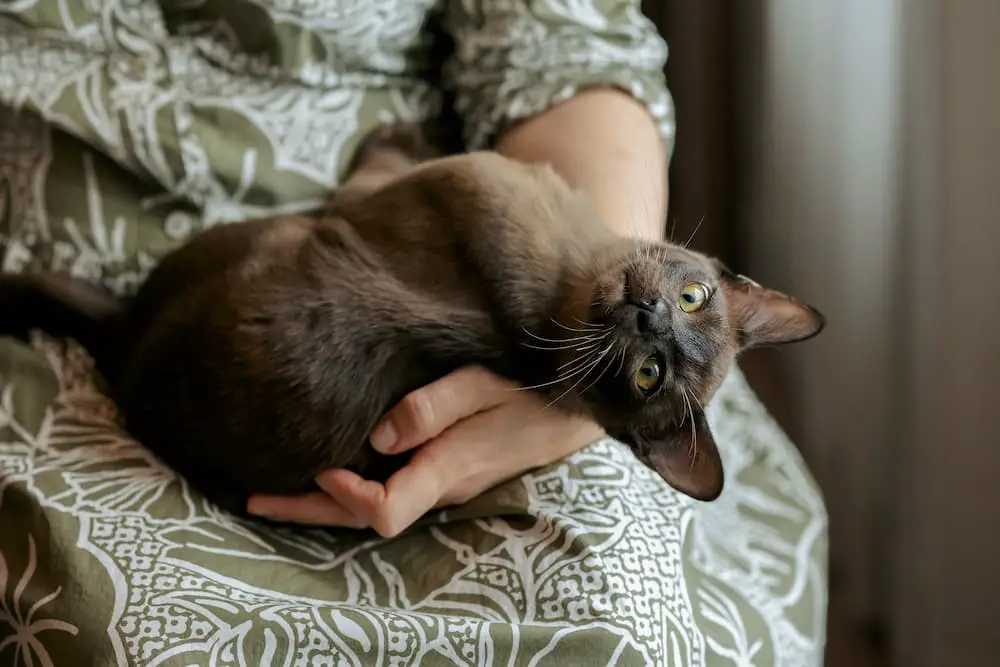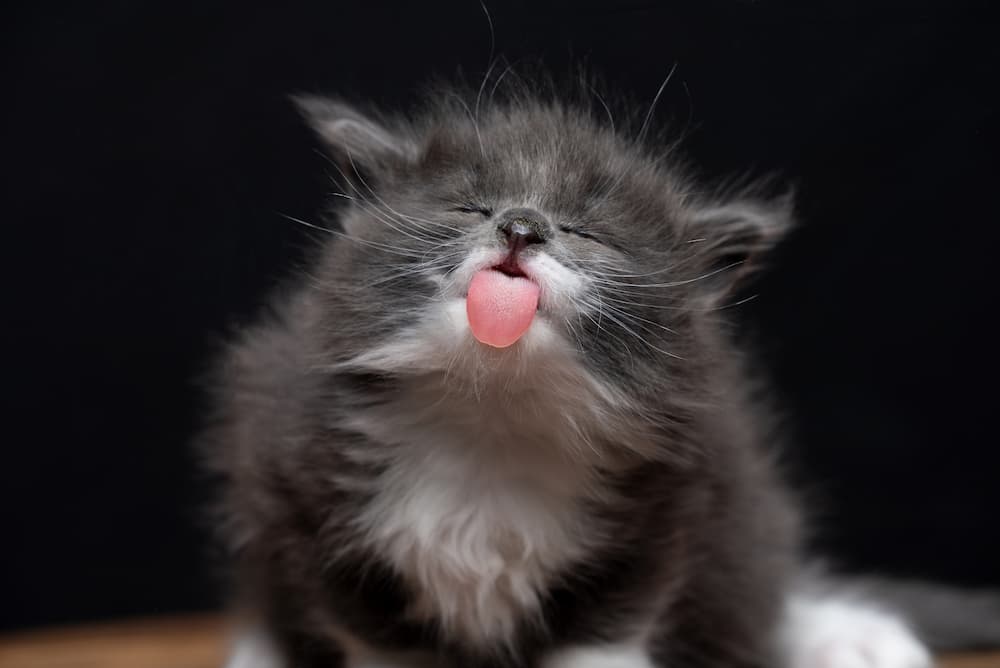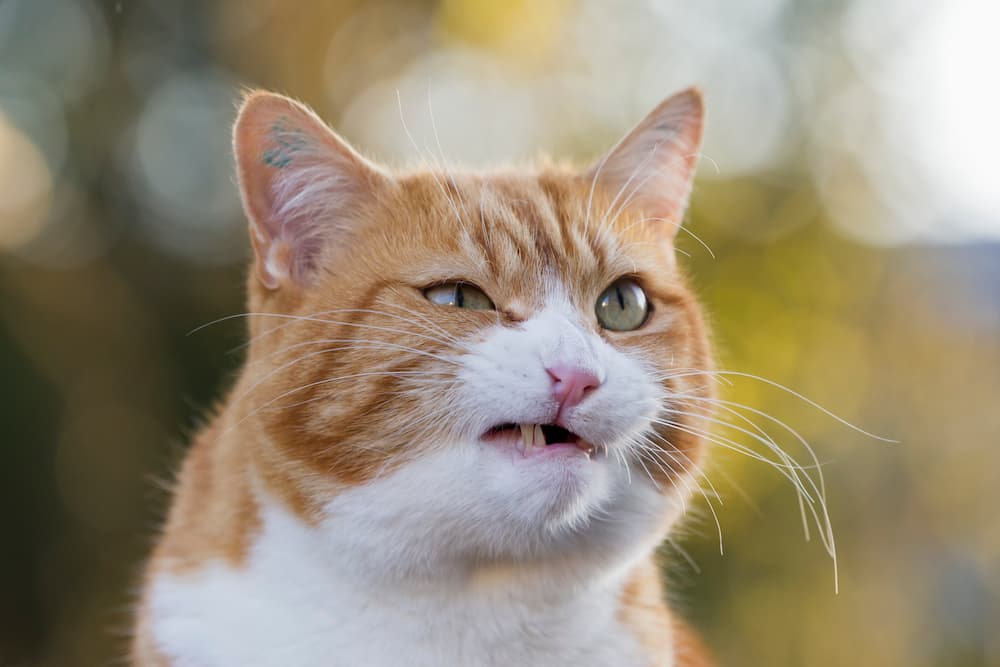Have you ever wondered if your cat is really a carnivore? If you have, you’re not alone. It’s a common question, and one that has a pretty simple answer: yes, cats are obligate carnivores. Here are five things that prove it.

What is an Obligate Carnivore?
The animal kingdom is comprised of three types of eaters: carnivores, herbivores, and omnivores. Carnivores thrive on meat-only diets. Herbivores live on plant-based diets, and omnivores eat both meat and plants.
An obligate carnivore is an animal that depends entirely on meat for nutrition, and cannot digest plants properly. Most meat-eaters are not obligate carnivores – meaning they can eat plants without any issues (like dogs). But cats – from housecats to lions and tigers (and dolphins, seals, walruses, and eagles) are obligate carnivores. They do not need any plants in their diet.
How Do We Know Cats Are Carnivores?
1. Cats have short digestive tracts.
One big difference between carnivores and omnivores is the length of their digestive tracts. Carnivores have shorter intestines than herbivores and omnivores because they don’t need to digest plant matter. Their intestines are only about 3 times their body length, while herbivores’ intestines can be 10-12 times their body length.
This difference is due to the fact that plant matter takes a lot longer to break down than meat. The shorter the digestive tract, the less time food spends in the body, and the less time there is for bacteria to grow. This protects cats from food poisoning and other illnesses. This is why you don’t need to worry about salmonella when feeding a raw diet to your cat.
2. Cats have sharp teeth and strong jaws.
Carnivores have sharp, pointed teeth that are great for slicing meat. They also have strong jaws that can crush bones. Herbivores, on the other hand, have flatter teeth that are better suited for grinding plants.
3. Cats have forward-facing ears.
This gives them an advantage when hunting prey. They can hear better, which means they’re more likely to catch their dinner.
4. Cats have low-light vision.
This allows them to see better at night, which is perfect for hunting nocturnal prey.

5. Cats require vitamins, minerals, and amino acids that can only be found in meat sources.
Cats need certain nutrients, like taurine and arginine, that can only be found in animal flesh. They also require a high level of protein – at least 30% of their diet. Plants simply don’t have the nutrients that cats need to survive.
So, there you have it! Five things that prove cats are carnivores.
Now that you know a little bit more about obligate carnivores, it should be pretty clear that cats definitely fall into this category. So, if you’re ever wondering whether or not you should feed your cat some veggies, the answer is no – they don’t need them! Their bodies are specifically designed for digesting meat, and they require certain nutrients that can only be found in animal sources. The next time someone asks you if cats are really carnivores, you can confidently say yes!
The Catington Post is reader-supported. That means, if you make a purchase through links on our site, we may earn an affiliate commission. All images and names which are not the property of The Catington Post are the property of their respective owners.






